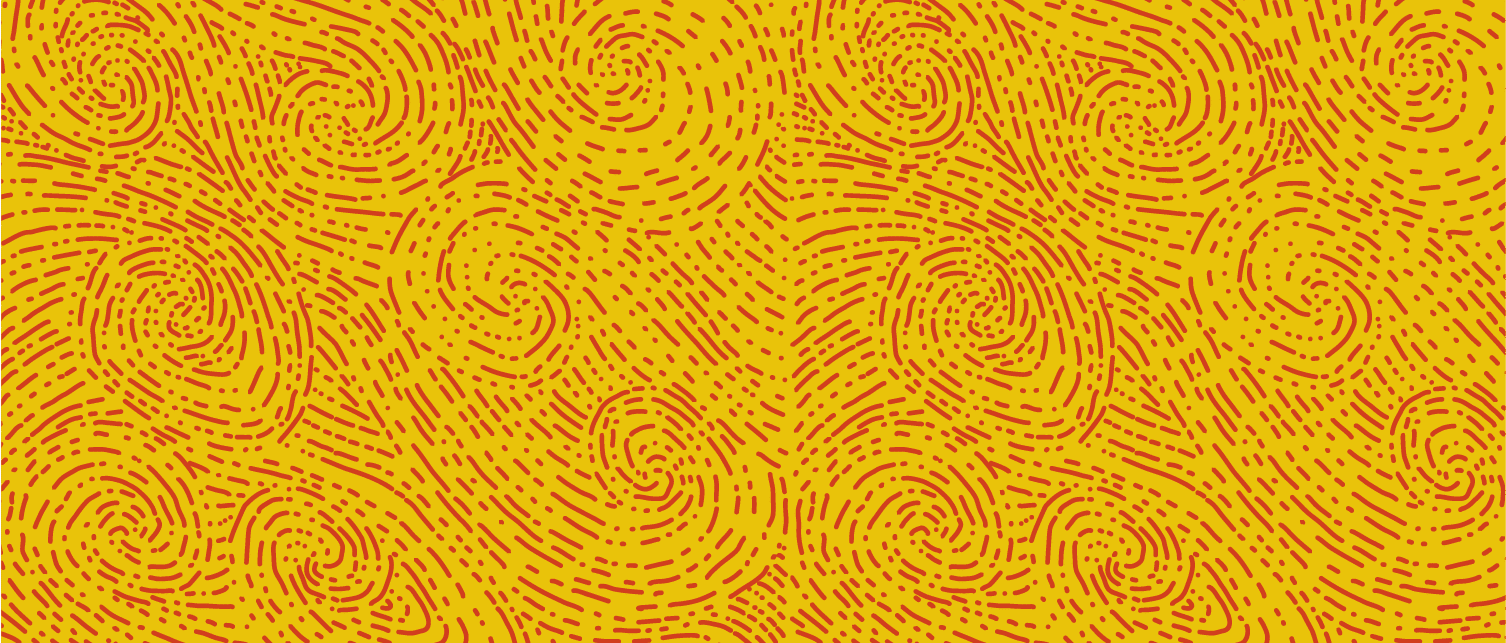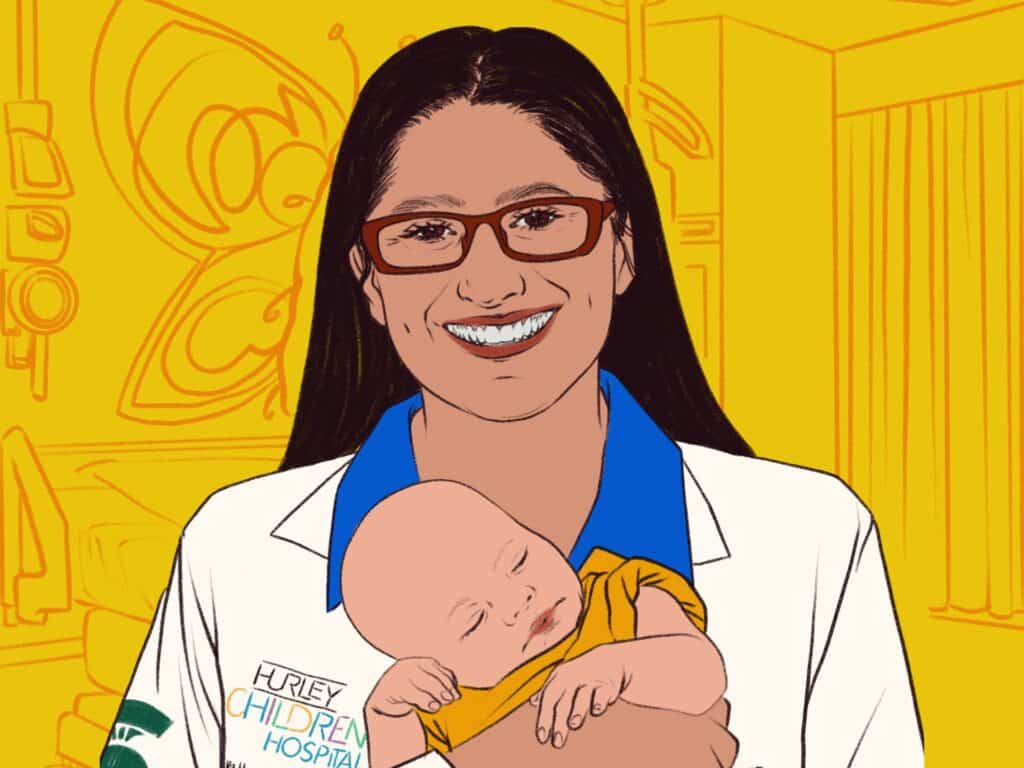No one could accuse Dr. Mona Hanna of lacking energy or ambition. One of Time magazine’s “100 Most Influential People in the World,” she is a tireless health advocate best known for helping uncover the Flint water crisis through her research on lead levels in children’s blood. Her latest project is Rx Kids, a parent and infant cash prescription program. Soon after beginning work on it in 2024, Hanna realized she needed to adjust her vision.
“We wanted to do a cash transfer program for the whole city of Flint for all children—zero to 18. That was really expensive,” she says. “I was ambitious, but I didn’t think I could raise that much money.”
As she looked into the nature of child poverty, she saw where she needed to focus her attention. Since, she explains, babies cost about $20,000 in the first year of life (excluding pregnancy and childbirth costs), families are often at their poorest during the pregnancy and infancy stage of having a child.
As a pediatrician, scientist and activist, Hanna found the gaps in funding for this stage of life shocking, particularly in the U.S., the only wealthy nation with no national maternal or paid parental leave program.
“This is the most critical window when it comes to childhood development. Your brain literally doubles in size,” she says. “Pre-natal health, maternal health, breastfeeding—all these things are well known to have lifelong consequences.”
“Pre-natal health, maternal health, breastfeeding—all these things are well known to have lifelong consequences.”
This, she explains, is why policymakers should be doing more to support families at this stage of life. “And not what we have been doing, which is to leave them in significant hardship.”
To change this, she founded Rx Kids, the nation’s first community-wide prenatal and infant cash prescription program. Through the program, mothers receive $1,500 during pregnancy and $500 a month for between six and 12 months after the babies are born.
With a 100% take-up rate, 88% of Rx Kids participants say the program helps them manage their costs and feel more financially secure, according to Give Directly, the nonprofit program administrator.
Rx Kids has attracted philanthropic funding, including from Kresge. Its Human Services Program (with assists from the Health and Detroit Programs) has supported the initiative through a $1 million grant to Michigan State University.
The Kresge funding focuses on the Rx Kids application of Temporary Aid for Needy Families (TANF) policy, which works to inform state and national policy while using maternal and infant cash transfers to increase social and economic mobility as well as health equity.
Given the recent cuts in federal funding for social programs, this kind of philanthropic support will become even more critical. “I’m still trying to leverage more dollars,” says Hanna.
However, even when this and other challenges present Hanna with what might seem insurmountable obstacles, she points to a key characteristic essential to her success: persistence.
“You need to keep at it and keep at it. But sometimes there will be windows—you never know when those windows will come but you need to be ready to jump through them.”
“You need to keep at it and keep at it. But sometimes there will be windows—you never know when those windows will come but you need to be ready to jump through them,” she says. “And being in clinic, holding babies and talking to families is all the stimulus I need and inspires me, no matter how hard it gets.”





